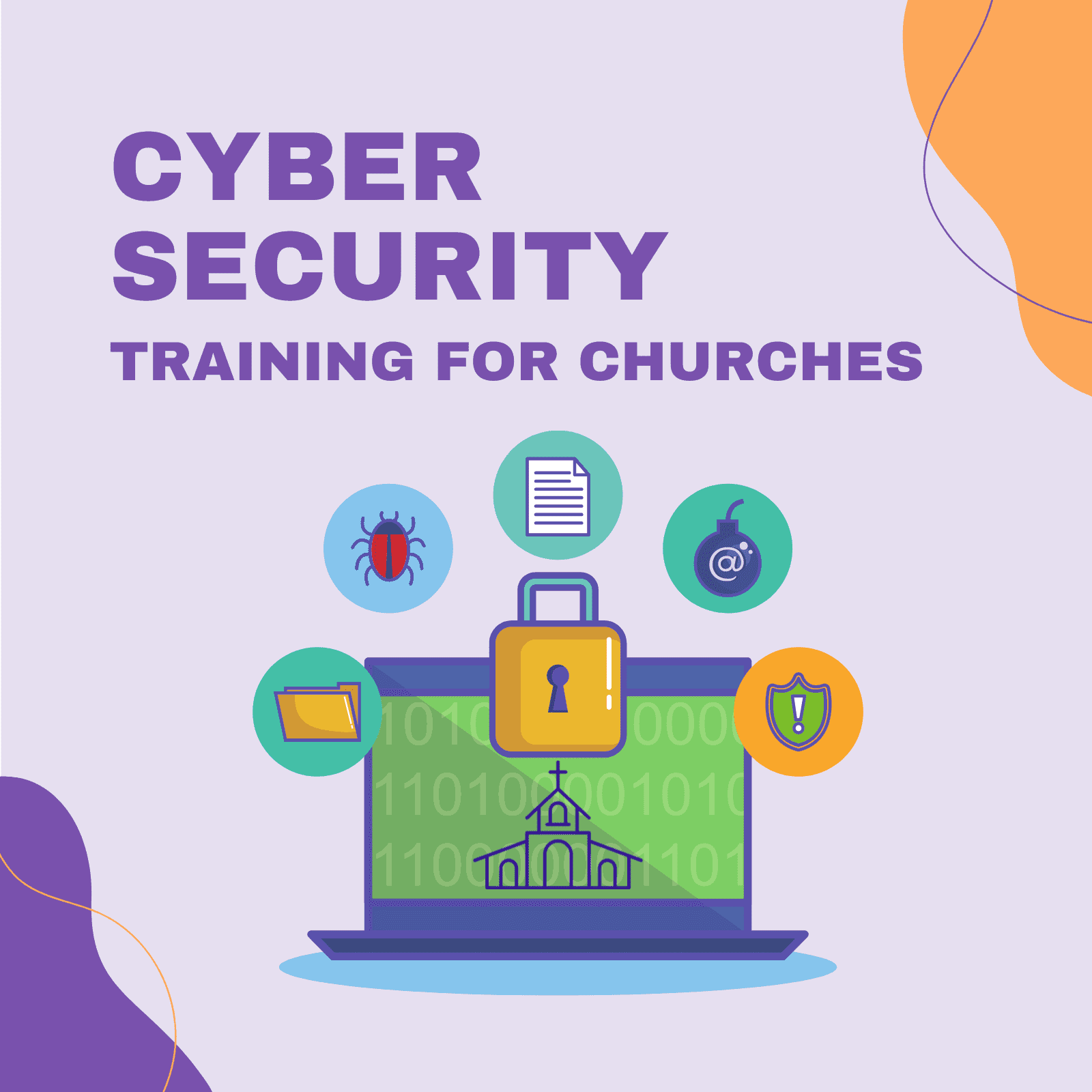 2020-21 was the tipping point. 2022 to 2030 will record a technology carnage that humankind has never seen before. Take a picture of all the electronic gadgets that you are using today. They will all look slower and uglier in the next decade. Yet leaders are still not realizing the full scope of 5G, the internet of things, and voice-enabled technology that is about to hit us. Every content provider, church communicators included, is about to be rocked by Artificial Intelligence (A.I.) in the first five years and Virtual Reality (V.R.) in the next five years.
2020-21 was the tipping point. 2022 to 2030 will record a technology carnage that humankind has never seen before. Take a picture of all the electronic gadgets that you are using today. They will all look slower and uglier in the next decade. Yet leaders are still not realizing the full scope of 5G, the internet of things, and voice-enabled technology that is about to hit us. Every content provider, church communicators included, is about to be rocked by Artificial Intelligence (A.I.) in the first five years and Virtual Reality (V.R.) in the next five years.
More and more people consume content on their smartphones. Paper tests and in-person training are outdated in the fast-paced world in which we live. The advancement in technology has revolutionized the e-learning space.
An estimated 83 percent of organizations use a Learning Management System (LMS) today. Your LMS should take care of all aspects of your church learning process – content, delivery, tracking, certification, registration, payments, quizzes and assessments, and gamification.
Mukti Volunteer Village (www.muktivillage.ca) is a registered Canadian charity that is committed to providing free education to children. Teachers, students, and Salesforce CRM professionals come together in Canada to volunteer as we provide online education to the underprivileged children in India.
It is critical to our charity on how we invest in our LMS and how it integrates with Salesforce CRM. Live reports and dashboards are crucial to tracking individual progress while reducing administrative hassles.
The same can be said about church leaders. We provide training to our congregation, volunteers, and staff. Your audience will grow and flourish when you can provide a mobile-friendly solution that is accessible 24/7.
When choosing an LMS, church leaders should consider the following things:
- Users need to have access to the course catalogue, complete assigned course, and any evaluation to help them evaluate their performance.
- The church academy administrator needs to be able to manage the LMS, create courses, and assign specific learning groups with ease.
- The pastoral team must have access to user progress and communicate with e-learners.
- The cost considerations should include website, church app, CRM, LMS, e-Commerce, and direct marketing (email and text messaging). If you reach out to Ask Amitabh, we can recommend an affordable solution based on WordPress.
You must solve learning challenges your visitors face in order for them to grow with you.









